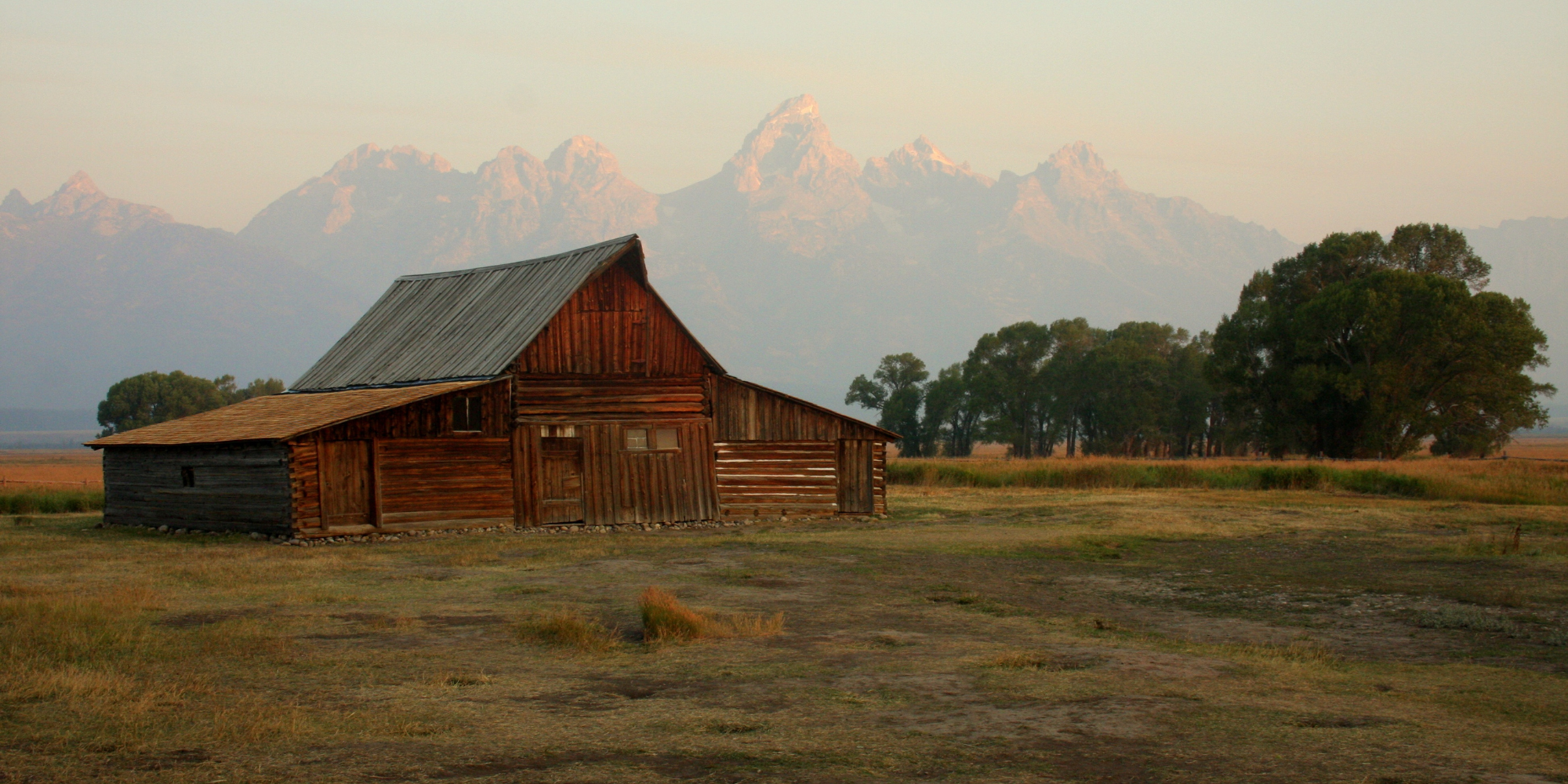Understanding Plumbing Codes and Regulations in Wyoming
Plumbing codes and regulations play a critical role in ensuring the safety, efficiency, and reliability of plumbing systems in homes and businesses. In Wyoming, adhering to these standards is not only a legal requirement but also essential for preventing costly repairs and maintaining property value. Here’s a comprehensive guide to understanding plumbing codes and regulations in the Cowboy State.
What Are Plumbing Codes?
Plumbing codes are a set of rules and guidelines that govern the installation, repair, and maintenance of plumbing systems. These codes are designed to:
Protect public health by ensuring clean water supply and proper waste disposal.
Prevent damage to property caused by leaks, bursts, or system failures.
Promote energy efficiency and water conservation.
In Wyoming, plumbing codes are based on the International Plumbing Code (IPC), with additional state-specific modifications.
Key Plumbing Regulations in Wyoming
1. Licensing Requirements
All plumbing work in Wyoming must be performed by licensed professionals. The state requires plumbers to complete the following steps:
Obtain a journeyman or master plumber license by passing the required exams.
Complete an apprenticeship program (for journeyman license applicants).
Maintain active licensure through continuing education.
Why It Matters: Hiring a licensed plumber ensures the work meets safety standards and complies with state laws.
2. Permit Requirements
Before starting any major plumbing project, homeowners or contractors must obtain the appropriate permits. Common projects requiring permits include:
Installing or replacing water heaters.
Replacing sewer lines or water mains.
Remodeling kitchens or bathrooms.
How to Obtain a Permit: Contact your local building department or Wyoming’s Department of Fire Prevention and Electrical Safety to apply for the necessary permits.
3. Pipe Material Standards
Wyoming’s plumbing code specifies approved materials for different types of plumbing systems:
Water Supply Lines: Copper, PEX (cross-linked polyethylene), or CPVC (chlorinated polyvinyl chloride).
Drain, Waste, and Vent Pipes: PVC (polyvinyl chloride) or ABS (acrylonitrile butadiene styrene).
Why It Matters: Using the right materials ensures durability and compliance with state regulations.
4. Backflow Prevention
Backflow prevention devices are required to protect the water supply from contamination. These devices prevent reverse flow in:
Lawn irrigation systems.
Fire sprinkler systems.
Commercial plumbing setups.
Tips: Have a licensed professional test and maintain backflow devices annually to ensure proper functioning.
5. Water Heater Installation
Water heaters must be installed according to strict guidelines, including:
Proper venting for gas-powered units.
Adequate clearance and accessibility.
Temperature and pressure relief valve installation.
Reminder: Always hire a licensed plumber to handle water heater installations to avoid safety hazards.
Common Plumbing Code Violations
Even with clear regulations, violations can occur. Some of the most common include:
Improperly sloped drain lines, leading to poor drainage.
Inadequate venting, causing slow drains or sewer gas odors.
Using unapproved pipe materials for water supply or waste lines.
Avoiding these violations requires careful planning and adherence to local codes.
How to Stay Compliant
Hire Licensed Professionals
Whether you’re building a new home or upgrading an existing system, working with licensed plumbers ensures the work meets all requirements.
Stay Informed
Keep up-to-date with Wyoming’s plumbing codes by consulting local building departments or attending workshops offered by professional organizations.
Schedule Regular Inspections
Routine inspections by licensed professionals can identify potential issues before they become costly problems. Inspections also ensure ongoing compliance with plumbing codes.
Document Your Work
Maintain records of permits, inspections, and repairs to demonstrate compliance. This can be especially valuable during property sales or renovations.
Understanding and following Wyoming’s plumbing codes and regulations is essential for maintaining a safe and efficient plumbing system. Whether you’re tackling a minor repair or a major renovation, compliance ensures your plumbing meets legal standards and protects your investment. Need expert help? Contact Marv’s Plumbing & Heating for professional plumbing services that prioritize safety and quality.

